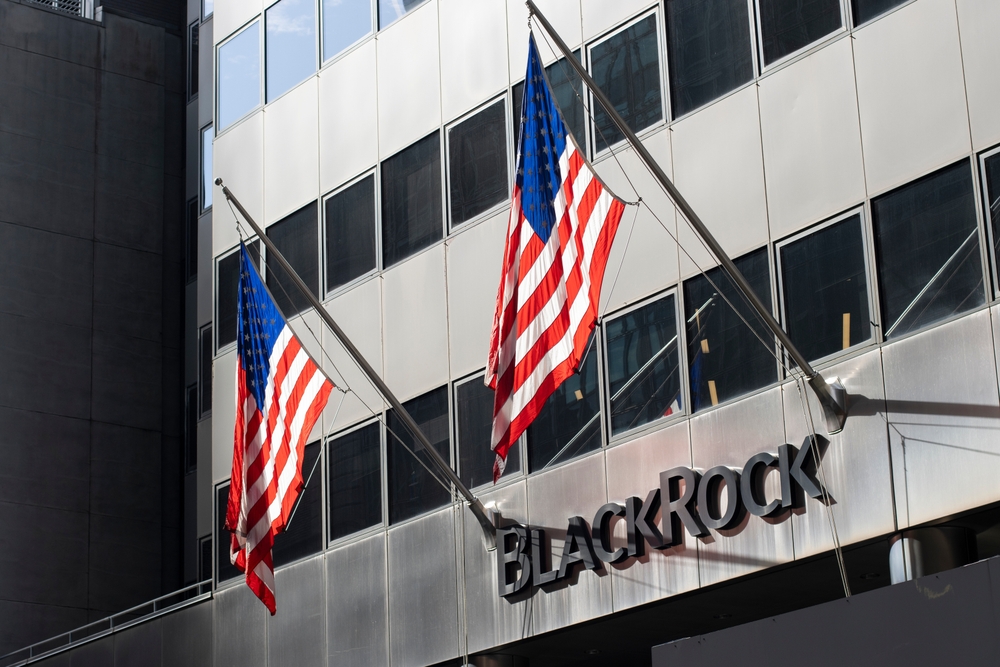
With Trump's erratic policies and lingering inflation fears, it may be time to rethink your portfolio protection, according to Rick Rieder, BlackRock’s CIO of global fixed income.
The first step? Ditch long-term U.S. Treasurys. “The traditional role of bonds as a hedge is no longer reliable,” Rieder said, citing today’s unpredictable interest rate environment.
He believes 2025 is the year investors should revisit what the “income” in fixed income really means — and shift their focus accordingly.
Moving forward, investors must “prioritize income in fixed-income investing,” Rieder said. And in hindsight, that income-first approach would have beaten a traditional U.S. bond portfolio in every year since the pandemic.
“Consider that a diversified, income-oriented portfolio utilizing the full global fixed income universe would have markedly outperformed the [US Aggregate Bond ETF] every year since the pandemic,” he noted.
(The U.S. Aggregate Bond ETF is a common benchmark offering broad exposure to U.S. investment-grade bonds.)
In today’s market, Rieder favors the iShares Flexible Income Active ETF, which takes a global approach with shorter durations — and currently yields around 6.5%.
Sticky inflation is the canary in the coal mine
Like Rieder, Fidelity has also urged investors to look abroad, calling for “international diversification” as U.S. markets grapple with renewed tariffs, tech froth, recession risks, and gridlocked budget talks.
Sticky inflation has played a central role in this turbulence. January’s hotter-than-expected CPI report dented bond prices and sent Treasury yields climbing. And while inflation eased somewhat in February, the Fed still sees elevated cost pressures in the near term.
Following its March 18–19 policy meeting, the Fed raised its year-end core inflation forecast to 2.7% — up from 2.5% — and doesn’t expect to reach its 2% target until 2027.
But some think even that is too optimistic.
“We continue to think that Fed officials are underestimating the extent to which tariffs are likely to push up inflation,” said Capital Economics economist Stephen Brown.
Morningstar analysts agree. Their research suggests full implementation of Trump’s tariffs could lift inflation by another 1% to 2%. If the proceeds fund tax cuts, that impact could be even greater.
All of this spells trouble for bondholders, whose real returns erode as inflation eats into yield.
As M&G Investments put it: “Bonds tend to become less attractive (and therefore, their prices fall) when inflation is rising.”
Your email address will not be published. Required fields are markedmarked